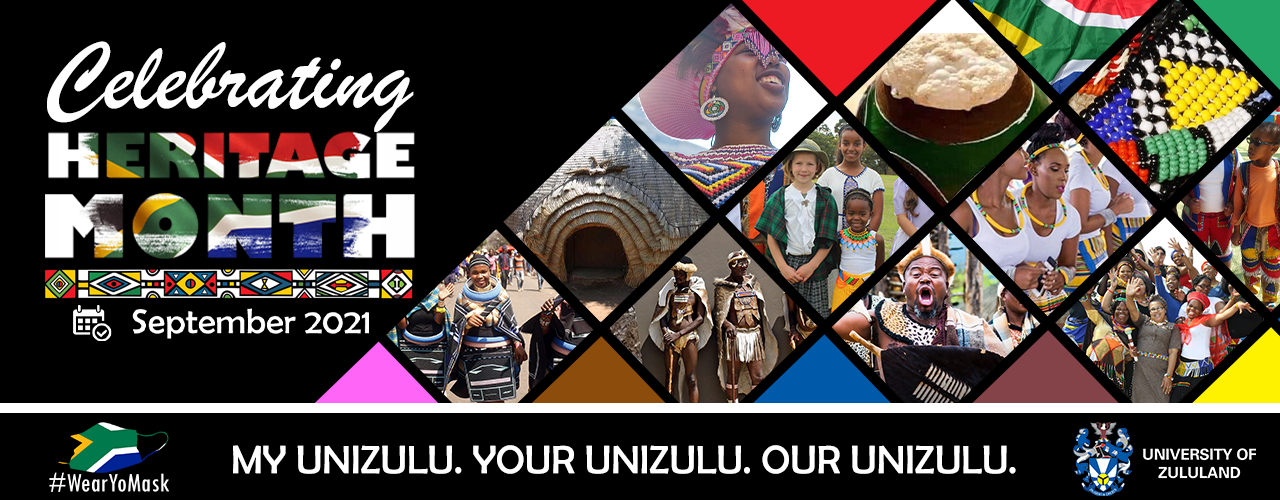EXPERT OPINION: Our Language; Our Heritage

The late academic and author Dr Mbulelo Mzamane – who was designated by former President Nelson Mandela as “one of South Africa’s greatest intellectuals” – once asked what soon proved to be a controversial question “What is South African about the South African education system?”
This is, but one, of the questions that we – South Africans – and more importantly us – professionals within the education system – must constantly ask ourselves.
The language policy is one of the key instruments which play a critical role in the overall education system of any institution. The language policy debate can be a polarising topic. This was best illustrated recently when the Constitutional Court ruled in favour of Afrikaans being reinstated as a medium of instruction and learning at UNISA. This means, as highlighted in the judgment of the apex court, dual medium institutions are protected by the Constitution of the Republic.
Soon after the judgement, the University of Stellenbosch has also started the conversation regarding backtracking on its decisions to use only English as a medium of instruction and learning.
In this regard, the University of Zululand Language Policy (2017) 2.1 states that: The University adopts the goal of becoming a dual medium institution: Instruction will continue to be provided in English while isiZulu is also developed as a medium of instruction. Consequently, as we wrap the heritage month, it is valuable to take into consideration and reflect on the above goal as an Institution, especially considering that language and culture are intertwined. In the UNIZULU context, the choice of the two languages is no surprise as most of the students in our Institution speak isiZulu as a home language. Therefore, the University continues to play an important role in the development of isiZulu as a language and there is a need to continuously document strategies that can help in fully developing IsiZulu as the language of teaching and learning.
Researchers have shown that language and culture are inseparable and how important mother tongue as the medium of instruction is. Language is not only a communication tool; it is embedded in the values, practices and daily lives of the people who speak it. UNICEF and many other surveys have shown that students learn faster and better in the language they are most familiar with. Using mother tongue as medium of instruction cannot be overestimated. Furthermore, Section 29(1) of the 1996 Constitution states all citizens of South Africa have rights (a) to a basic education, including adult basic education, (b) to further education, which the state, through reasonable measures, must make progressively available and accessible. Section 29(2) goes further to say that everyone has a right to receive education in a language of their choice at a public institution where this can be practical. The Constitution states that language should not be a barrier to accessing education.
UNIZULU Language Policy is in line with Language Policy Framework for Public Higher Education Institutions (2020) which states that: Institutions must develop or revise their language policies and plans to accord greater importance to indigenous African languages for purposes of teaching and learning, scholarship, communication and administrative use. So, with plans afoot to implement our Language Policy it is encouraging to know that we are working within the legislative framework.
However, as we navigate this dual language policy, we must also be aware of unintended consequences: a case where students of a particular ethnic group can only study at certain limited institutions. In that case, within a very short period of time, we will go back to Bantustan / homeland system where certain institutions are almost exclusively reserved for certain ethnic group(s). What would our freedom fighters like ubab’u Nelson Mandela “the father of the rainbow nation” say?
This opinion peace was written by Dr JF Magwaza and Dr NP Khumalo from the Department of Arts and Languages in the Faculty of Education; University of Zululand.














One Comment
Thanks for sharing. I read many of your blog posts, cool, your blog is very good.